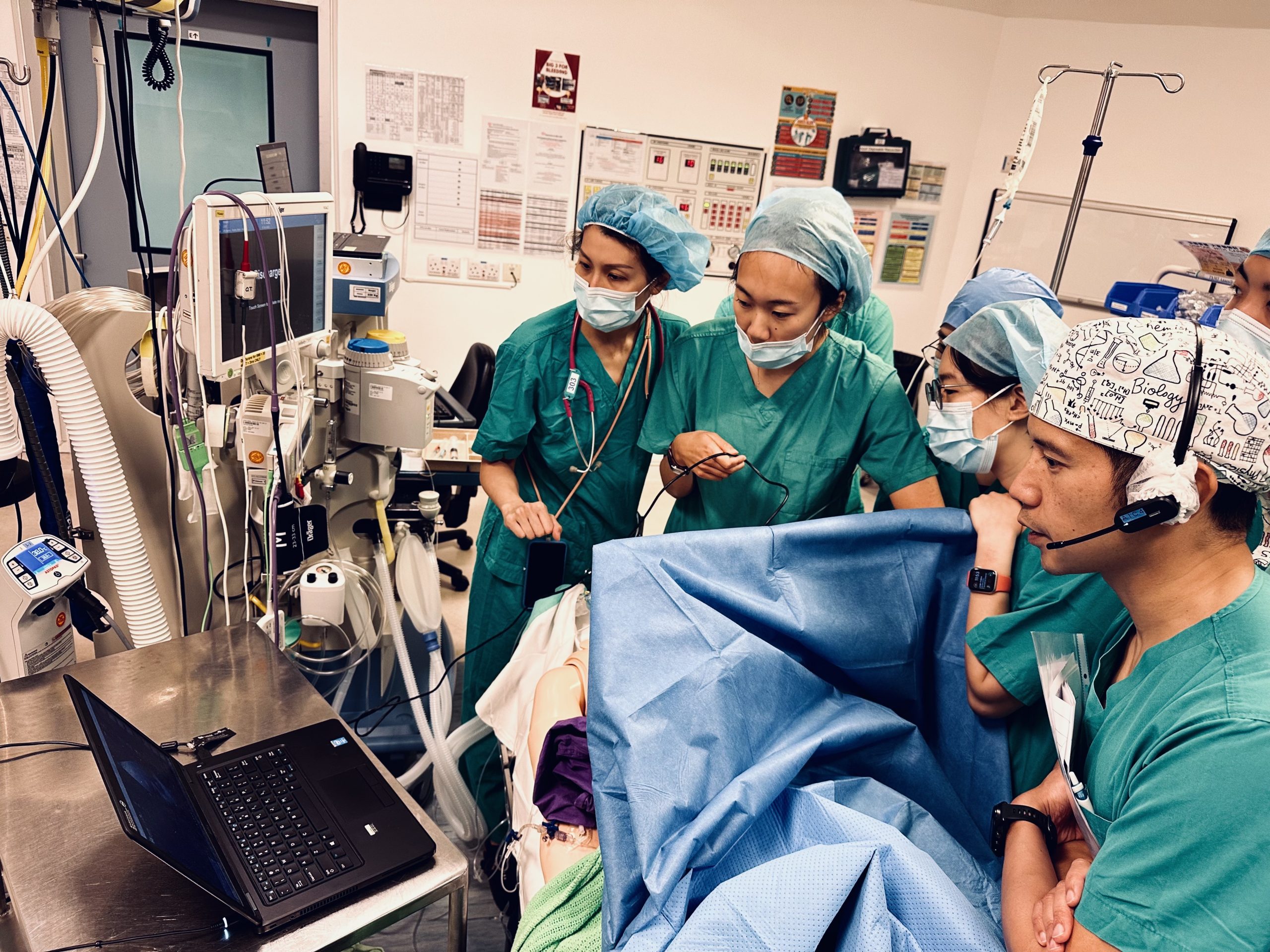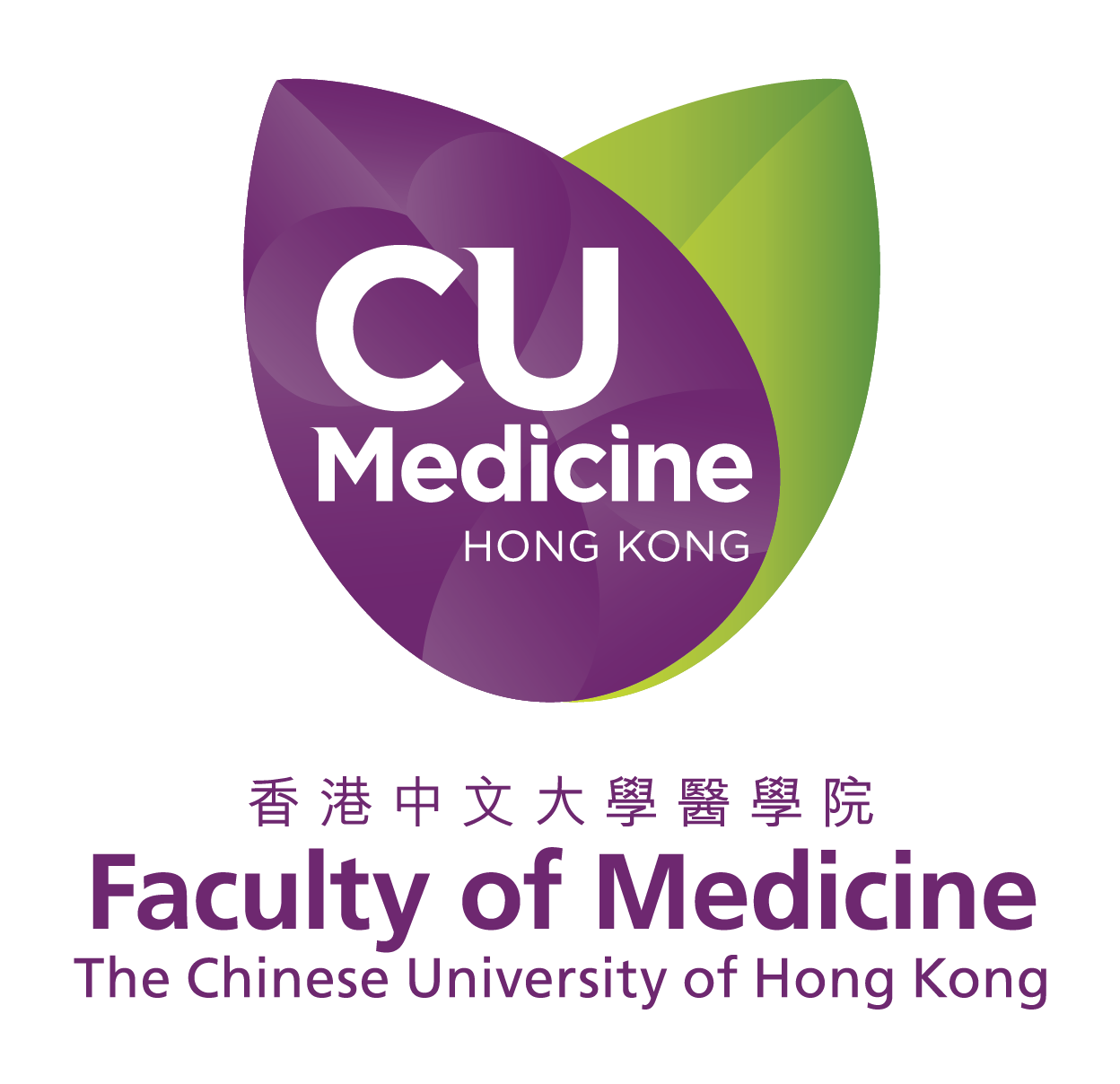
Simulation and Anesthesia Education Fellowship
Overview
Situated within a major tertiary referral centre, the Department of Anaesthesia and Intensive Care of Prince of Wales Hospital, in affiliation with the Chinese University of Hong Kong, provides high quality medical education to residents, medical students and interprofessional staff working in the perioperative setting. Particularly in the field of simulation-based medical education, the centre has over 20 years of experience in using it not only as an educational tool, but also as a method for systems testing and quality improvement. Led by a highly qualified team of medical educators and simulation experts who are affiliated with the Harvard Medical School Centre for Medical Simulation and the Hong Kong Academy of Medicine Innovative Learning Centre for Medicine, the Department of Anaesthesia and Intensive Care Medicine provides simulation-based programs for residents, medical students (through the very BASIC course), and interprofessional staff (through in-situ simulation). Moreover, the team also focuses heavily on faculty development, and also extends debriefing practices to debriefing after critical clinical events in the operating theatre for quality improvement.
List of simulation and debriefing programs include:
- Procedural skills simulation on part-task trainers including airway management, regional anaesthesia, echocardiography, invasive line insertion
- BASIC and very BASIC courses for critical care providers and students
- Anaesthesia crisis management
- Interprofessional in-situ simulation in the operating theatre
- Interprofessional trauma resuscitation simulation
- Debriefing after critical clinical events in the operating theatre
- Systems integration simulation for quality improvement
- Faculty development
Fellowship opportunities:
During the 12 to 24 month fellowship, fellows will take part in providing all of the above simulation-based education opportunities. Our fellows will gain comprehensive knowledge in simulation technology, curriculum and instructional design, scenario design, set up and running of scenarios and debriefing. Moreover, fellows are expected to master the cognitive skills of adult learning theory and understand how to apply this knowledge to simulation education. Furthermore, fellows are encouraged to further their development in specific areas of interest under the guidance of the faculty team – with the aim of leaving the program with the skills required to develop or lead simulation programs in their respective institutions.
The fellow will be provided with the opportunity to take part in other continuing medical education opportunities such as department presentations, anaesthesia resident and staff education and tutorials.
What to expect:
Fellows are expected to be either provisional fellows, or have attained a fellowship in Anaesthesia training. Time will be divided between providing clinical services and educational activities. Fellows are also expected to provide 3-4 calls per month. While some of the educational activities may take part on the weekends, compensation time will be provided during the weekdays. Local medical and nursing staff are fluent in English and are able to help with translation and interpretation if needed. Our fellows will be provided with protected time for development and conduct of simulation activities, as well as to participate in educational quality improvement and research projects. All fellows are allocated mentors throughout the program.
Team:
Albert Chan
Vivian Lau
Henry Wong
